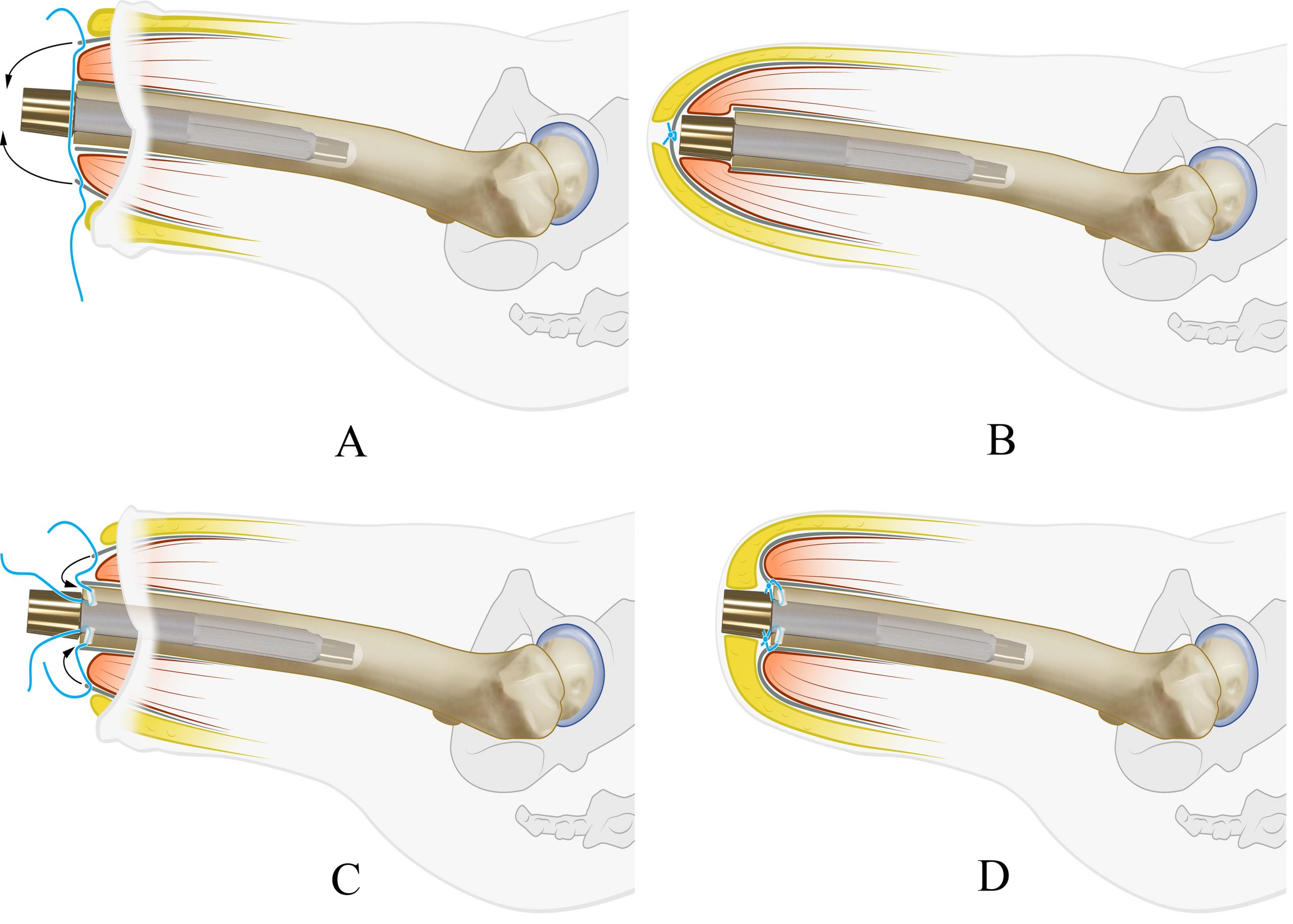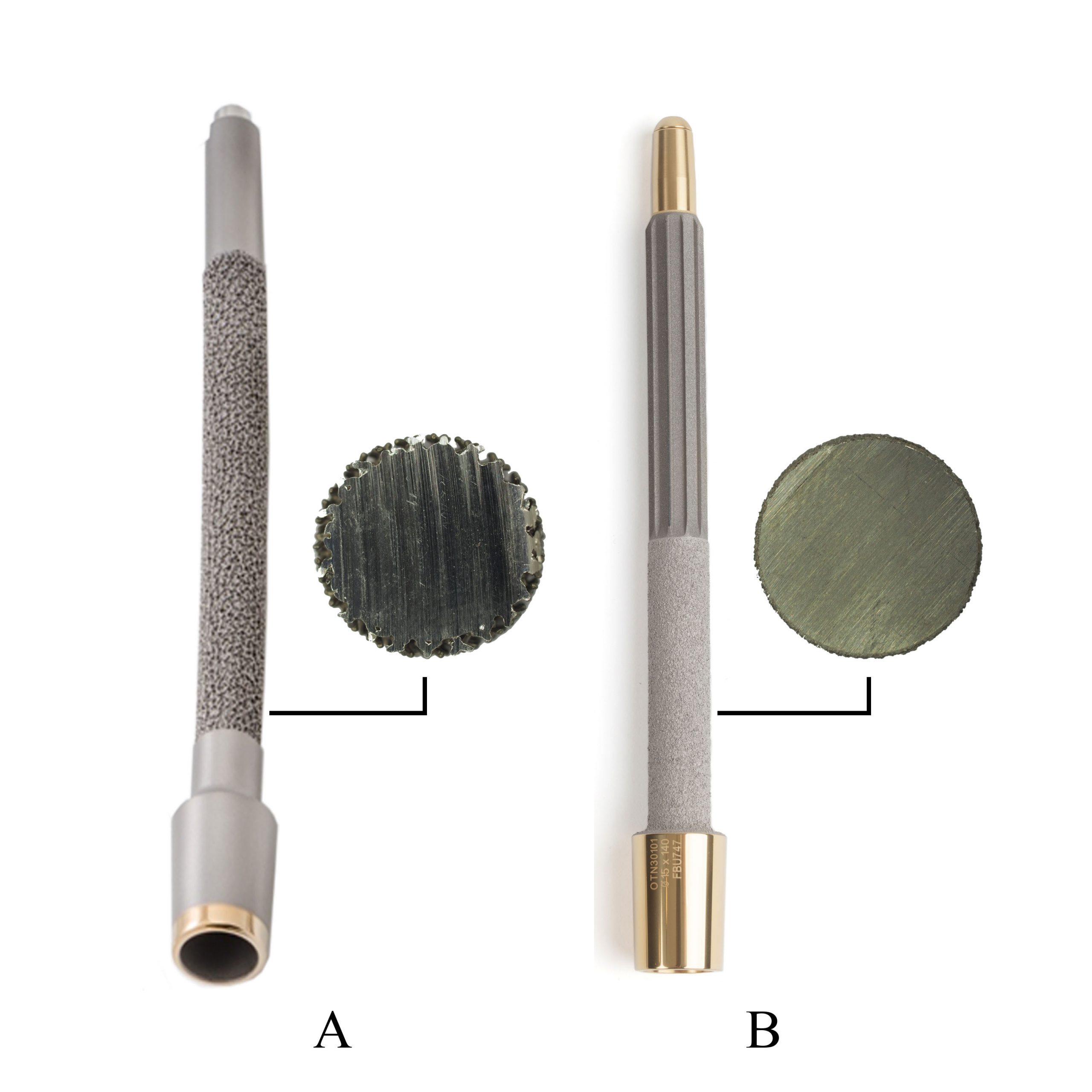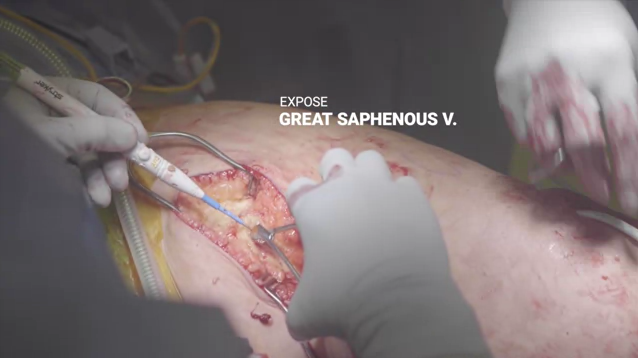
Reduction of stoma infections
Bone-anchored prosthesis treatment for amputation patients has proven to be relatively safe over the years, despite a previous fear of serious implant infections. The benefits of treatment, such as increased prosthesis use and quality of life, may be associated with problems with the skin and soft tissues at the stoma (the skin opening through which the implant comes through).
Researchers Robin Atallah, Jan Paul Frölke and colleagues from Radboud University Medical Center have assessed whether adjustments to the surgical technique and the design of the implant could lead to a reduction of these problems with the skin and the stoma, with the aim of improving the bone anchored prosthesis treatment. The results of the research were recently published in the international orthopedic journal “Clinical Orthopedics and Related Research” on July 1, 2023.
Previous research from Germany already showed that skin and stoma complications such as stoma infections are substantially influenced by surgical technique and implant design. In this comparative study, complication rates were compared in 2 patient groups, namely a group treated with 1) the old surgical technique and a cobalt chrome implant, and 2) the new surgical technique and a titanium implant. It was hypothesized that forming a shorter stoma (by additional thinning of the subcutaneous fat/muscle layer) and using a titanium implant (with a fully polished surface where it protrudes through the skin) would result in a reduction in complications of the skin and stoma. The study showed that adjustments to surgical technique and implant led to a 6-fold reduction in stoma infections! This research also provides excellent evidence of the need for careful analysis of outcomes in a treatment that is still so innovative.
Read the article here
Atallah R, Reetz D, Verdonschot N, De Kleuver M, Frölke JP, Leijendekkers R. Have surgery and implant modifications leg associated with reduction in soft tissue complications in transfemoral bone-anchored prostheses? Clinical Orthopedics and Related Research. 2023 Jul 1;481(7):1373-1384. Doi: 10.1097/CORR.0000000000002535. Epub 2023 Jan 6. PMID: 36607733; PMCID: PMC10263214



